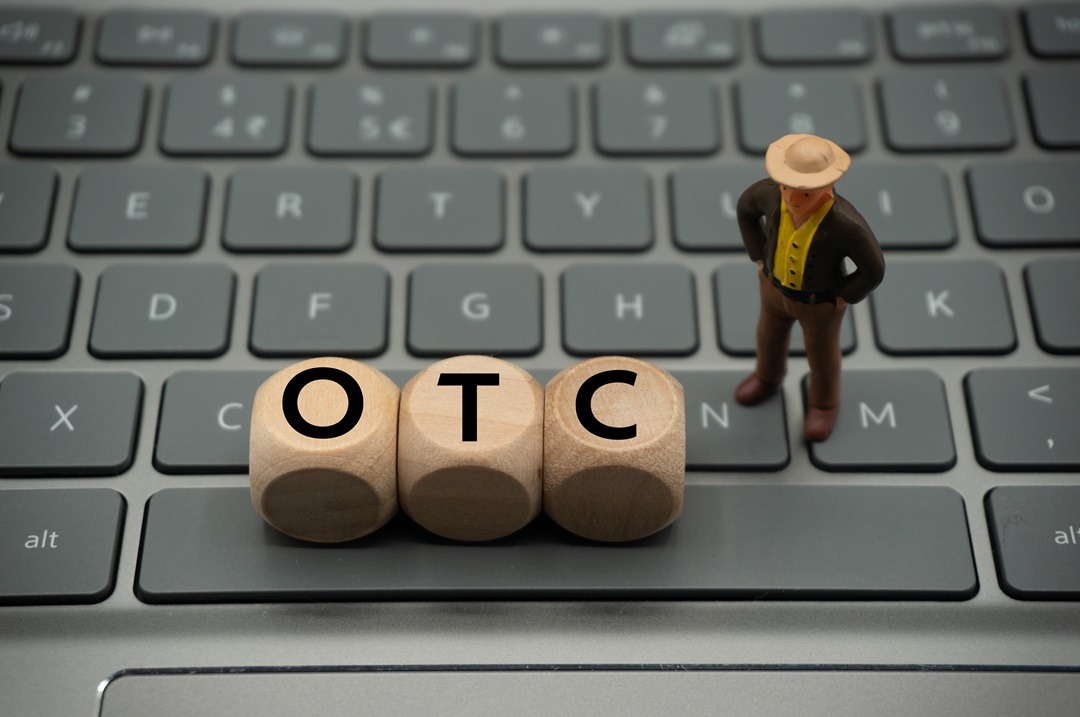International Payments with B2B Banking15 min read
Reading Time: 6 minutesB2B banking plays a role in this financial exchange by providing advanced solutions for cross border payments and trade. In the world’s interconnected economy, it is crucial for businesses aiming to broaden their horizons beyond national borders to have a firm grasp on international payment transactions.
This sector of banking not enables financial transactions between businesses but also tackles the intricacies involved in international trade, such as currency exchange, regulatory compliance, and B2B payments security.
What is B2B Banking? How to Do B2B Banking in Business?
B2B banking refers to a service offered by institutions that is specifically designed to address the unique needs of businesses. Unlike banking, which primarily focuses on financial requirements, B2B banking is tailored towards meeting the more intricate demands of businesses.
This encompasses offerings such, as cash management, foreign exchange services, trade finance solutions. Facilitating payments. A B2B banking account is an essential tool for businesses, especially those engaged in international trade.
To successfully incorporate B2B banking into a company it is crucial to gain an understanding of the financial requirements of the business. This may entail evaluating cash flow demands, international transaction necessities and the scope of the company’s operations.
Digital banking with B2B is a critical component, offering businesses the flexibility to manage their finances online. This digital approach does not improve efficiency. Also provides real time financial information, which is essential for making well informed business decisions.
When businesses are choosing a B2B banking partner it is crucial for them to assess the range of services. For example The Guardian Bank is renowned for its expertise in transactions. The effectiveness of The Guardian Bank’s banking platforms and the high quality of their customer support are examples of how a strong relationship with a bank, like The Guardian Bank can significantly enhance a business financial management in international trade.
What is an International B2B Banking Money Transfer?
International business to business (B2B) bank transfers play a role in the world of trade enabling companies to securely send and receive payments across international borders.
These transactions are of importance for businesses involved in commerce as they facilitate the payment for goods, services and other operational expenses, in foreign countries. The process involves moving funds from the payer’s business account to the recipient’s account, often in a different currency and country.
International money transfers in B2B banking can be complex due to factors. Firstly there is the involvement of currency exchange, which is influenced by fluctuating exchange rates. This means that businesses need to consider the timing of their transfers and choose a banking partner wisely. Secondly international transfers must adhere to frameworks in different countries making the process more intricate compared to domestic transactions.
To make these money moves easier, businesses often lean on banking tools made just for B2B transactions. Using these tools is not only safe but also super quick. They’ve got cool features like tracking your transactions as they happen, automatically working out exchange rates, and keeping detailed records of every transaction.
Plus, it’s important for businesses to pick a bank partner that’s got a big network of other banks it works with and really knows the ins and outs of international finance rules.

How to Make International Transactions with B2B Banking?
To conduct transactions using B2B banking there are important steps to follow. Initially a business needs to have a B2B banking account that’s capable of managing transactions. Usually, this means being able to deal with different currencies and set up bank payments.
Usually, this means being able to deal with different currencies and set up bank payments. It is very important for businesses to use digital banking with B2B deals because it lets them start and keep track of their transactions online, more quickly and clearly.
When conducting transactions businesses must provide recipient details, including their bank account information and the currency, for the transfer. How much it costs to do business can change a lot depending on the exchange rate.
Additionally businesses should have an understanding of the fees charged by their bank and any intermediary banks involved in the transfer process.
Adhering to regulations, which The Guardian Bank specialises in is crucial. This includes complying with money laundering (AML) and know your customer (KYC) regulations, areas where The Guardian Bank excels. Businesses need to ensure that their transactions involving The Guardian Bank are legitimate and comply with the laws of both the sending and receiving countries.
Lastly, businesses should consider the timing of their transactions. The processing times can vary depending on the countries involved and the efficiency of banking networks. Collaborating with an experienced B2B banking partner can help manage risks.
What are the Payment Methods for B2B Banking?
What you’re paying for, who you’re paying, and where the exchange is taking place all affect how you pay in business-to-business banking. Wire transfers are the best way to send large amounts of money across countries because they are quick and safe.
They are a great way to send money within the same country or between countries whose payment systems work well with each other, like those in the European Union.
In business, Letters of Credit (LCs) are very helpful. They’re like a promise from the bank of the buyer to the bank of the seller that the money will be sent as long as everyone follows the rules. It’s a good choice if you’re not sure how much you can trust a deal.
Indeed the traditional methods of payment such as bank drafts and checks are becoming increasingly uncommon. Not only are they riskier than payments but they also take much longer to process. Meanwhile digital banking is.
We’re witnessing a rise in forms of business to business payments. Examples of these include blockchain based transfers and online payment systems. They are gaining popularity as an alternative to methods because they offer increased safety, affordability and speed. This represents a change in how people make purchases.
What are the Payment Methods for B2B in Europe?
In Europe, the way businesses pay each other is really shaped by the area’s special finance rules and systems. A big deal in European B2B payments is SEPA (Single Euro Payments Area). This makes moving money around in euros way easier. Within the SEPA zone, companies can do cheap, simple transfers, which is great for business across Europe.
For sending money outside the SEPA zone, businesses often use SWIFT transfers. These give a standard way to move money between banks. Also, direct debits are super popular in Europe for regular payments because they make things easy for everyone involved.
The rise of digital banking with B2B has also introduced innovative payment solutions in Europe, such as fintech platforms that offer more streamlined, cost-effective, and transparent payment processes. Because of its efficiency and interoperability with other business systems like accounting and supply chain management software, more and more companies are adopting solutions.
Companies that work with The Guardian Bank need to know a lot about the different ways to pay. Speed of transactions, cost, protection, and following the rules are all important things to think about. That’s where The Guardian Bank comes in and helps. This might change how busy a business is and how well it works with other companies.

How to Accept B2B Banking International Payments?
In a B2B banking setting when it comes to accepting payments from abroad businesses need to establish systems that can handle transactions in currencies and adhere to diverse international banking regulations. This often involves having a multi-currency business account and utilizing digital banking with B2B for efficient transaction management.
Companies receiving payments from clients in other countries should factor in some additional overhead. These prices vary with the parties involved and the source of funding. Stuff like time zones and how good a country’s banks are can make these payments delayed. It is crucial for businesses to keep this in mind.
Know Your Customer (KYC) and Anti-Money Laundering (AML) policies are mandatory for businesses. Avoid scams and money laundering at all costs; they can have a negative impact on your company. For example, determining if your business partners are legit is highly vital.
Never put caution last! Companies should employ risk-free banking services when conducting business. Theft and other criminal activity can be reduced if procedures are established and suspicious activity is made known.
Businesses that want to compete on a global basis must have a firm knowledge of payment processes and be able to manage them efficiently. B2B banking offers a number of options customised to fulfil these demands ranging from wire transfers to new digital platforms.
The ability to navigate this landscape efficiently can have an impact on business efficiency and its competitiveness in international markets. By adopting strategies and utilising the tools and services offered by B2B banking businesses can streamline their transactions ensuring smooth, secure and cost effective financial exchanges, across borders.



